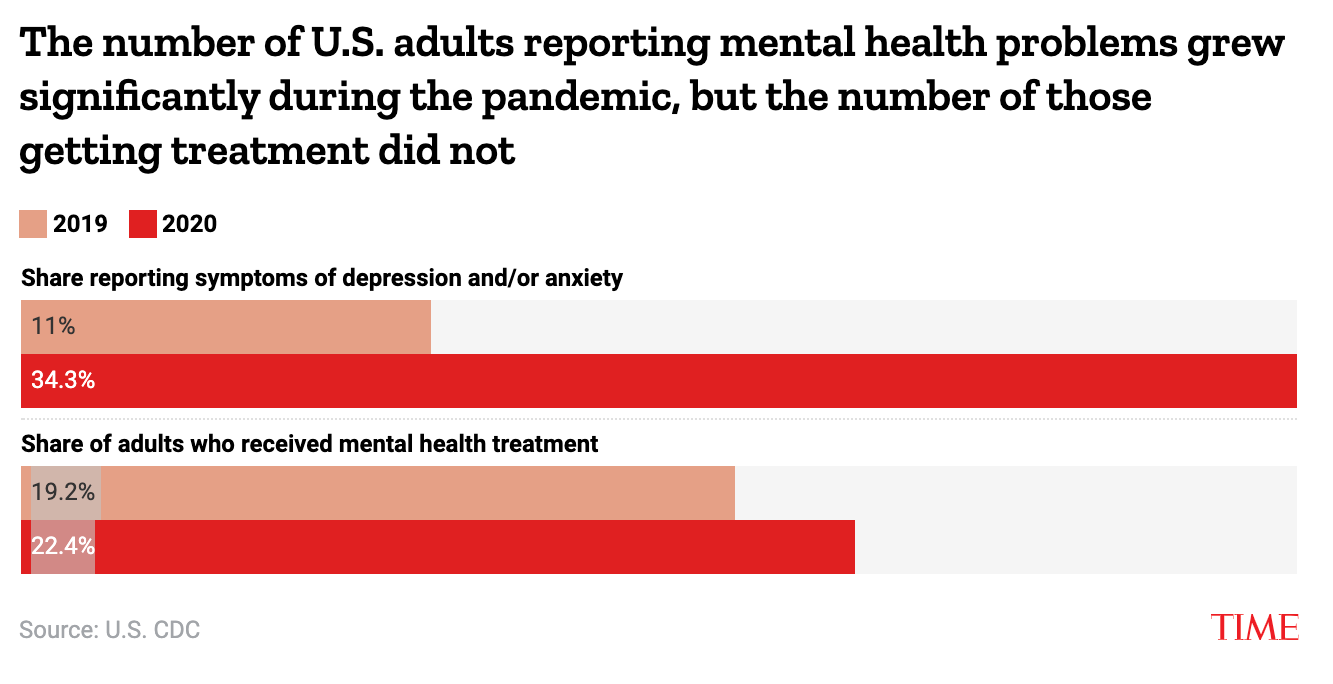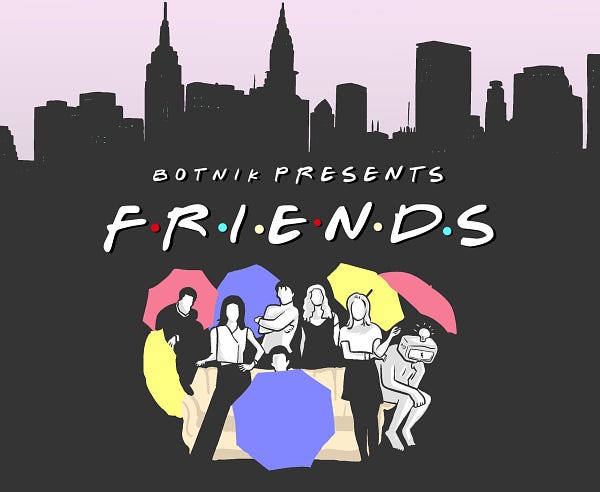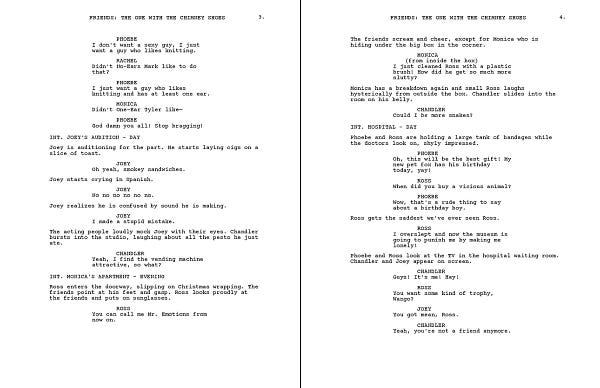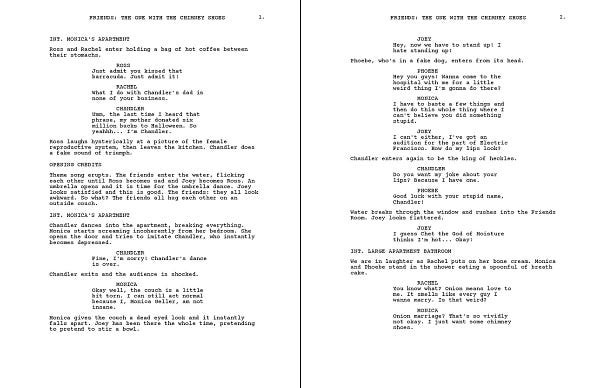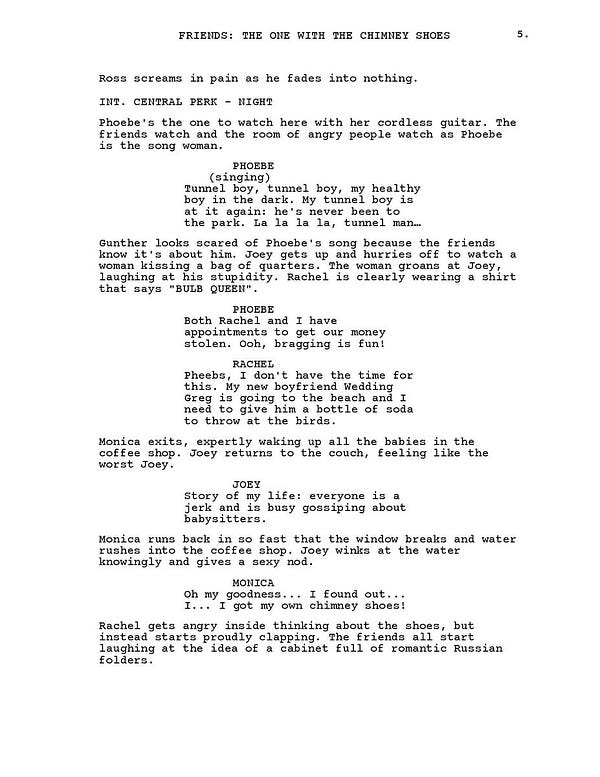Episode 13: Stephanie Wittels Wachs
Horror tropes, Leslie Knopes, mental health gaps, and hard talks
Whew
It strikes me that watching someone deal with addiction is a little like watching a bad scary movie. You see the person making the choice for reasons that make sense to them even though it’s the worst choice they can be making. “What’s that noise down in the basement? I better walk down there very slowly all by myself.” And you’re screaming “No! Nothing good can happen down in that basement!” Or they’re being chased by the killer monster and they run UPstairs.
Get out of the house! Get out of danger! Get in your car and drive far away from Jason or Freddie or opioids or alcohol or gambling!
But they don’t know that because to them, they’re not in a movie. They’re in the world, gravitating to the thing that they find most interesting or the thing that to which they’re most naturally drawn.
They don’t realize they’re a character, after all, and one that is written with certain predispositions.
And you can yell and yell at the screen but they can’t hear you. The movie characters can’t hear you because that’s how movies work. People with addiction can’t hear you because the addiction is louder and more authoritative.
In Stephanie’s case on our most recent episode, the person with addiction was someone who sometimes appeared on screens. Her brother, Harris.
Teletherapy grew, who got to use it maintained access problems
This according to a new article in Time.
Telehealth has indisputably improved mental-health care access—but not to such an extent that it delivers on promises of revolutionizing the mental-health system. The same problems that kept many people—particularly those who are lower-income or of color—from seeking care before the pandemic still exist, even with the expansion of telehealth. As a result, mental-health usage in the U.S. hasn’t changed as drastically as many advocates would have liked.
On Sale
I’m interviewing Anna Sale later today about her book Let’s Talk About Hard Things. It’s a series of essays about rocks, math tests, and titanium. No, it’s about stuff like death, sex, and money, which she also talks about on her podcast Death, Sex & Money. I plan to confront her about not using the Oxford comma in her show title. No, I won’t.
That interview should be coming out next month some time.
I’m kind of nervous for this interview because mental health is also a difficult topic and I talk about it almost constantly. And I wonder if the approach I take (winging it, basically) is the best one. I also know there are some topics that I don’t talk about much at all in public (sex) or talk about it in a never-ending fusillade of jokes because I’m terrified (death). I don’t think the world needs me on those two topics, though. There’s plenty of other folks talking about that.
Anyway, should be fun.
I am soothed by artificial intelligence making new episodes of Friends
I want to watch this now please and it will happen if you vote for me for president.



